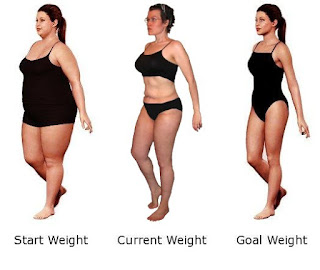A diabetic patient can reduce his weight with the help of ‘Pacemaker’

In a climate where the FDA (Food and Drug Administration) are dubious as to whether diet pills can be safe enough for consumption, surgery has become even more popular. The latest advancement is that of the stomach pacemaker.
The pacemaker works like a heart pacemaker where a stimulator and sensor are placed into the stomach. The stimulator makes the brain and the stomach feel full. As soon as one begins to eat, the stimulator begins to work. The patient feels full after a certain amount of food and then weight loss becomes a possibility.
Out of 65 patients who have had the implant, half have kept it off for a year at least and not have only lost 20% of their original weight but have also managed to keep it off. This sounds like a breakthrough weight loss treatment but surely a 20% weight loss sounds too good to be true.
Some worry that the patients will get used to the impulses over time and that they will continue to eat as normal once they are without the pacemaker. Some doctor’s respond by saying that all patients will find a way around it if they really want to but that if you make the device more aggressive for example, if the device were to make the patient throw up every time they wanted to eat, then the patient would not be taught how to gain control over their eating habits.
Will it be a crutch that patients will not be able to live without or is it something that obese patients will use to learn how to adapt to a way of eating less. What about the psychological reasons that patients have for overeating. When they come off the pacemaker and there are issues that are unresolved, will they not find themselves back at square one? At a time when diet pills are perceived as our worst enemy, are there other options?
This article is written by The Online Clinic.
If you want to write for ‘HealthTips’, please check out our posting guidelines.
Category: feature, Health Conditions, Weight Loss, Wellness


0 comments